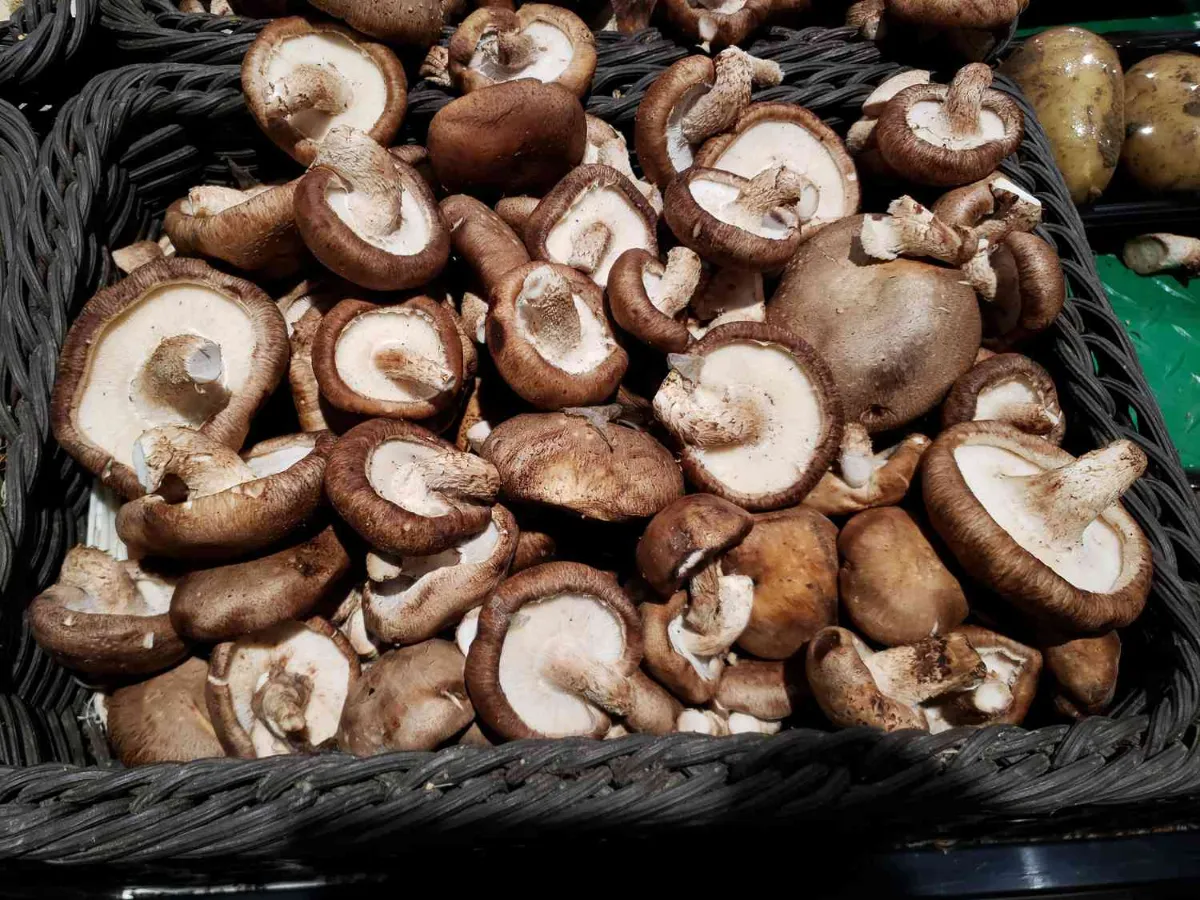Mushrooms During Pregnancy: Benefits, Risks, and Safety Tips
Mushrooms are the fruiting bodies of fungi and have been used in cooking and medicine for centuries. While they provide numerous nutritional benefits, pregnant individuals may have concerns about the safety of consuming mushrooms due to potential risks like poisoning or the mind-altering effects of certain varieties. This article outlines the health benefits of mushrooms, which types are safe to consume during pregnancy, which to avoid, and how to prepare them safely.
Nutritional Value and Health Benefits of Mushrooms
Mushrooms are a low-calorie food rich in important nutrients such as B vitamins, minerals, antioxidants, and anti-inflammatory properties. They are also prebiotic, meaning they help promote gut health by supporting the growth of beneficial bacteria.
A half-cup (84 grams) of culinary mushrooms provides the following:
- Carbs: 19 grams
- Protein: 2.9 grams
- Fats: 0.4 grams
- Niacin: 21% of the daily value (DV)
- Riboflavin: 22% of DV
- Selenium: 27% of DV
Mushrooms also provide small amounts of other essential nutrients like copper, potassium, and iron. Certain types, such as oyster mushrooms, offer higher protein and fiber content but lower levels of selenium compared to other varieties. One key nutrient in mushrooms is vitamin D, particularly in mushrooms exposed to ultraviolet (UV) light. Vitamin D is essential for bone health, fertility, and pregnancy, and it helps regulate immune function. During pregnancy, vitamin D supports healthy bone development for the baby and reduces the risk of complications such as preeclampsia and gestational diabetes.
Safe Mushrooms to Eat During Pregnancy
Generally, mushrooms can be safely consumed during pregnancy, provided that they are chosen carefully. Both culinary and medicinal mushrooms can offer health benefits and be incorporated into a balanced diet. However, it’s important to distinguish between safe and potentially harmful varieties.
Culinary Mushrooms
Culinary mushrooms are the most common type found in grocery stores, and they are generally safe for pregnant individuals. Varieties like shiitake, portobello, oyster, maitake, crimini, chestnut, and white button mushrooms are all considered safe to eat during pregnancy. Research shows that shiitake mushrooms, for example, may help reduce triglyceride levels without causing any adverse effects to the fetus.
In one study, 1,162 pregnant women who consumed 100 grams of white button mushrooms daily from pre-pregnancy through 20 weeks of pregnancy showed a decrease in blood pressure and lower risks of developing gestational diabetes and preeclampsia. These mushrooms are also rich in antioxidants, which help protect cells from damage and support overall health.
Medicinal Mushrooms
Medicinal mushrooms like chaga, turkey tail, lion’s mane, reishi, and Cordyceps have been used in traditional medicine for their purported health benefits, such as boosting immunity, reducing inflammation, and lowering cholesterol. While these mushrooms are considered safe for general consumption, more research is needed to determine their safety during pregnancy. While some studies suggest they could have positive effects, pregnant individuals should consult with their healthcare provider before consuming medicinal mushrooms.
Types of Mushrooms to Avoid During Pregnancy
While many mushrooms are safe, certain types should be avoided due to their psychoactive effects or toxic properties.
Magic Mushrooms (Psilocybin Mushrooms)
Magic mushrooms, which contain the psychoactive compound psilocybin, are often used for their mind-altering effects. These mushrooms can cause hallucinations, changes in perception, and, in some cases, panic attacks. Although psilocybin has been studied for potential therapeutic use in mental health treatment, it has not been studied for its effects during pregnancy. Due to the risk of inducing psychological distress and possible harm, pregnant individuals should avoid magic mushrooms entirely.
Wild Mushrooms (Foraged Mushrooms)
Wild mushrooms, especially those gathered by foragers, can be dangerous during pregnancy. The main risk with wild mushrooms is misidentification. Inexperienced foragers may mistake poisonous mushrooms for edible ones, leading to accidental consumption of toxic species. The consequences of eating toxic mushrooms can range from mild gastrointestinal distress to life-threatening complications, particularly when consuming mushrooms that contain amatoxins. These toxins can cause liver failure and even death if consumed in large quantities.
To reduce the risk of poisoning, it’s safest to avoid foraged mushrooms altogether during pregnancy and stick to mushrooms purchased from reputable sources, where they are labeled and known to be safe.
Tips for Cooking Mushrooms Safely During Pregnancy
Pregnant individuals can enjoy culinary mushrooms safely by following a few simple cooking guidelines:
-
Wash Mushrooms Thoroughly: Dirt and debris on mushrooms can harbor harmful microbes that could lead to foodborne illness. Wash mushrooms carefully before cooking to remove any dirt. Pat them dry with a paper towel afterward.
-
Cook Mushrooms Properly: Mushrooms should be cooked thoroughly before eating. Undercooked mushrooms may cause dermatitis or other infections. The minimum cooking temperature should be 140°F (60°C) to ensure safety. When cooking, make sure mushrooms are fully heated and not left in a warm place for extended periods to prevent bacterial growth.
-
Avoid Consuming Raw Mushrooms: While eating raw mushrooms is generally considered safe, pregnant individuals should opt for cooked mushrooms to eliminate any potential risks of infection or foodborne illness.
-
Store Properly: Store cooked mushrooms in the refrigerator if they are not consumed immediately. Proper storage helps prevent the growth of harmful bacteria, which can lead to food poisoning.
Conclusion
Mushrooms can be a healthy and nutritious addition to a pregnancy diet when chosen and prepared carefully. Culinary mushrooms like shiitake, portobello, oyster, and white button mushrooms provide essential nutrients such as B vitamins, selenium, and vitamin D, all of which support maternal and fetal health. Medicinal mushrooms may also offer health benefits but require further research to assess their safety during pregnancy. However, pregnant individuals should avoid magic mushrooms and wild mushrooms due to their psychoactive and toxic properties, respectively.
By following food safety guidelines and selecting mushrooms from trusted sources, pregnant individuals can enjoy the many health benefits mushrooms have to offer while minimizing risks.

